Varinder Kumar removed as Punjab Vigilance Bureau head, G Nageswara Rao is new chief
In a significant bureaucratic reshuffle in Punjab, the state government has replaced Special Director General of Police (DGP) Varinder Kumar with ADGP (Provisioning) G Nageswara Rao as the Chief Director of the Punjab Vigilance Bureau (VB). This move comes after a meeting of all state MLAs was convened by AAP national convener Arvind Kejriwal.
Additionally, Muktsar Deputy Commissioner Rajesh Tripathi has been suspended on corruption charges following complaints from ruling party MLAs, who accused him of engaging in corrupt practices. Abhijit Kaplish has been appointed as his replacement.
During last week's meeting in Delhi, AAP legislators also raised concerns about certain junior officials within the Vigilance Bureau allegedly operating a “parallel system” and issuing notices to administrative officers without proper authorization.
According to official sources from the Chief Minister's Office, Varinder Kumar’s removal was prompted by a lack of decisive action in high-profile corruption cases under investigation by the Vigilance Bureau. The government expects that with new leadership, investigations will gain momentum and that the influence of junior officers will be curtailed. Kumar, who has been heading the Vigilance Bureau since 2022, has been directed to report to the DGP and has not yet been assigned a new posting. He is set to retire later this year.
The ruling party signaled that these administrative changes align with recent directives from the state personnel department. Last week, officials were instructed to actively combat corruption in public offices or face strict action. The directive applied to deputy commissioners, senior superintendents of police, sub-divisional magistrates, and station house officers.

The Department of Personnel and Vigilance Secretary emphasized that corruption erodes public trust, weakens institutions, and hinders national progress. To ensure a transparent and citizen-friendly administration, all field officers must take stringent and effective anti-corruption measures. The directive also introduced an accountability mechanism, stating that feedback on officials' performance will be collected from both the public and elected representatives, including MLAs and MPs.

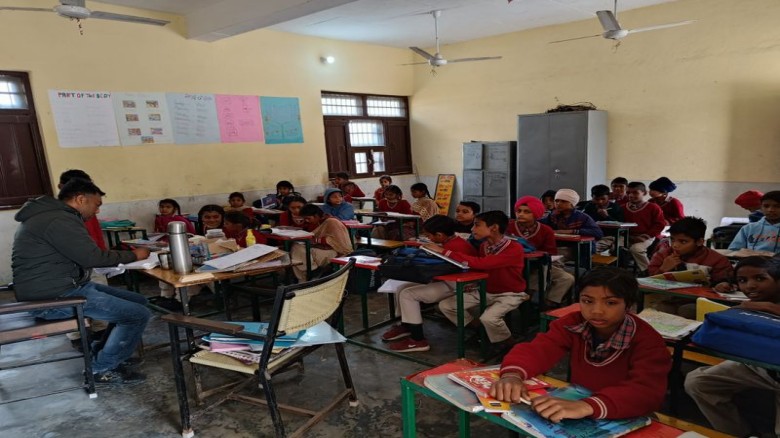
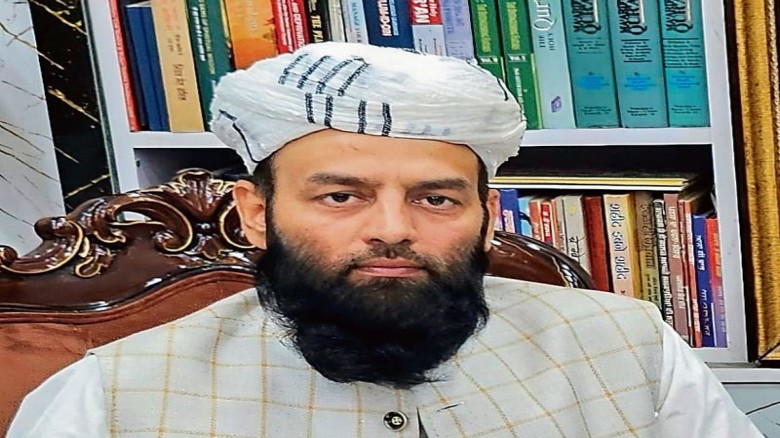
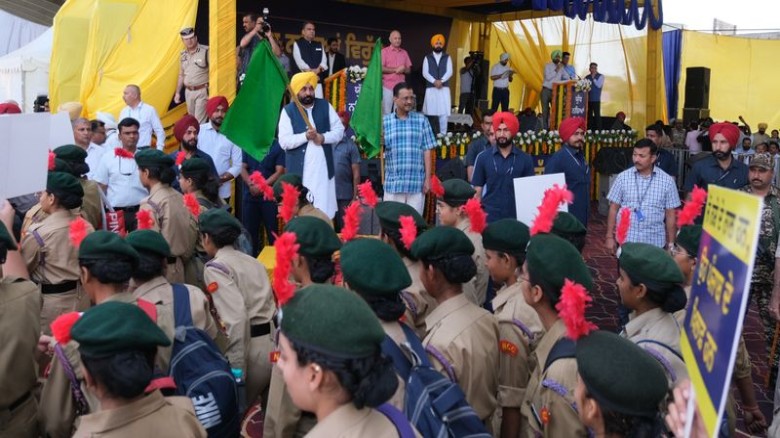
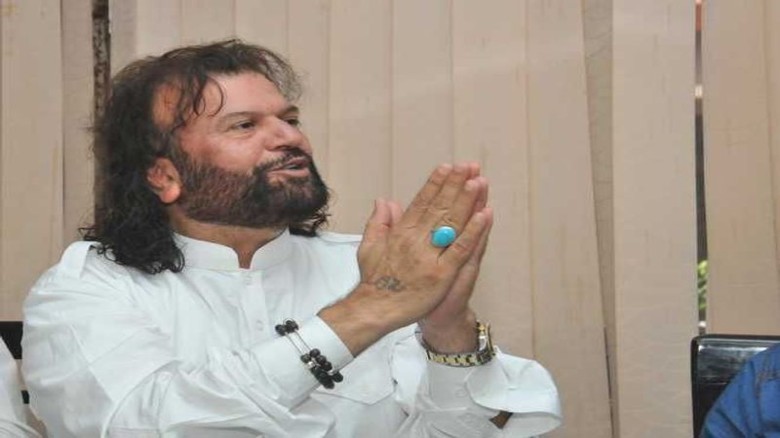

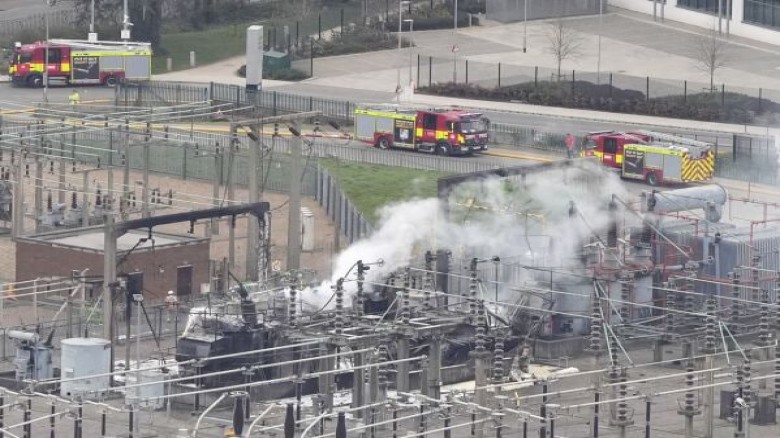


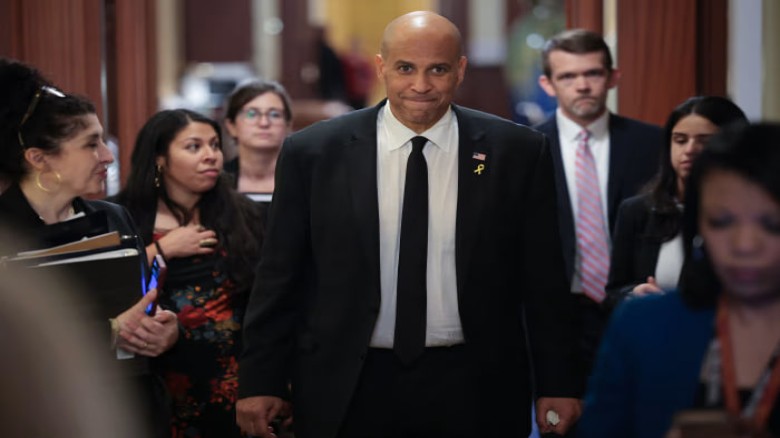






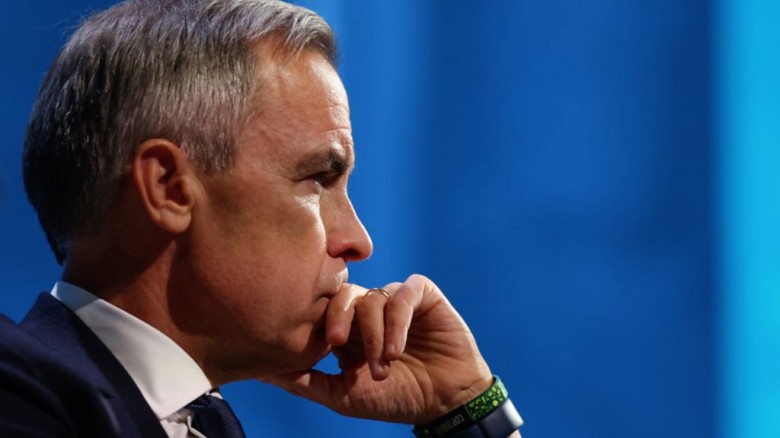







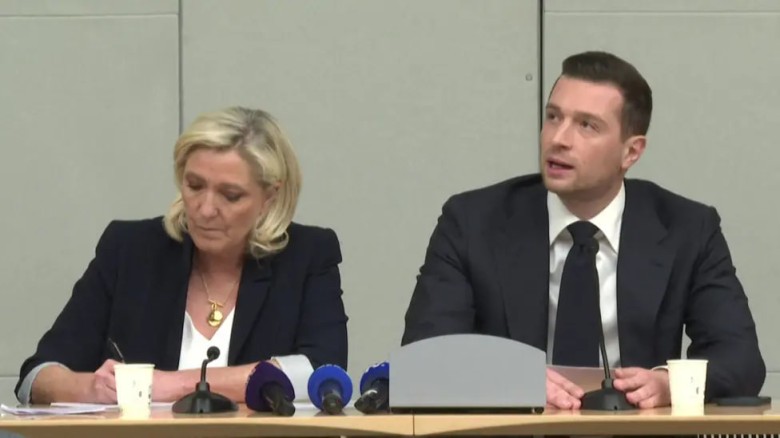
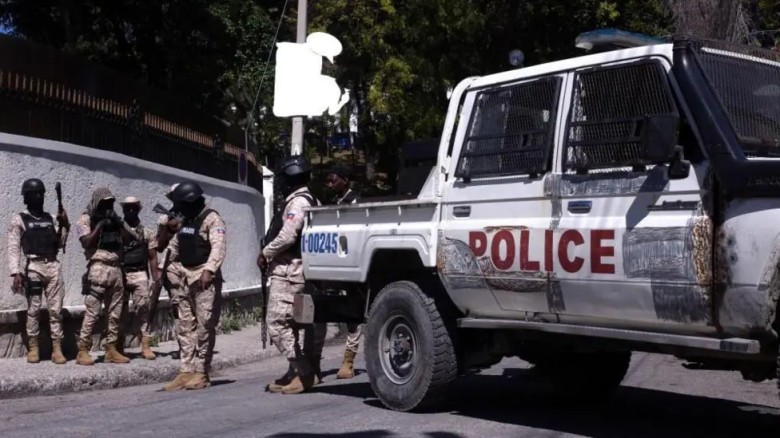
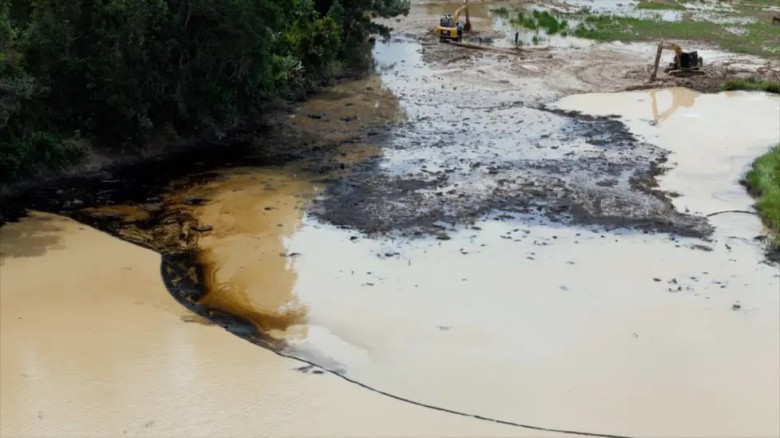







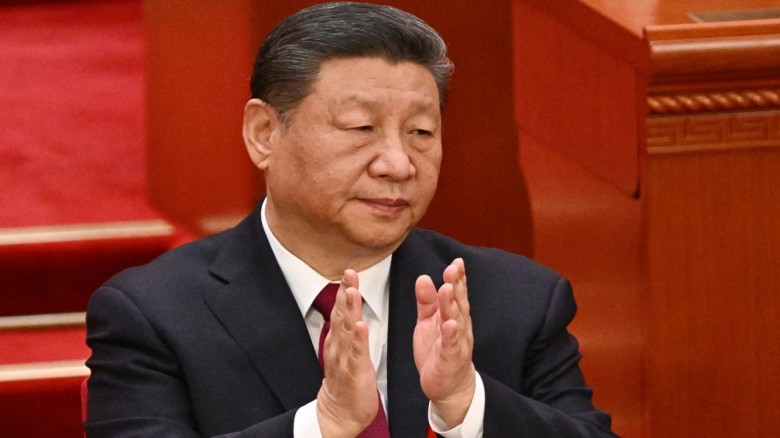







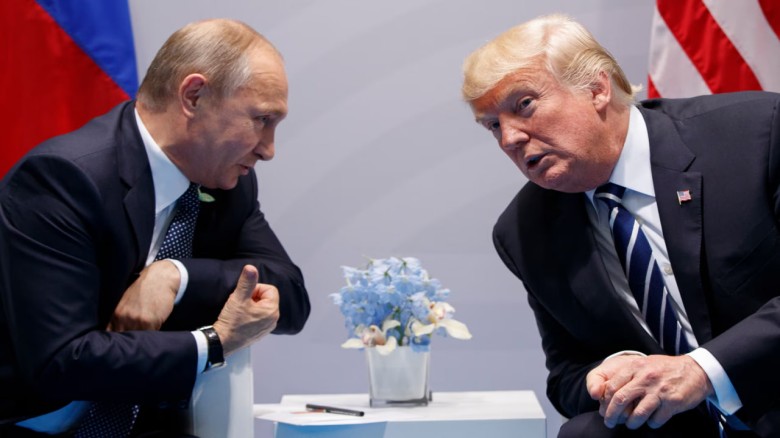







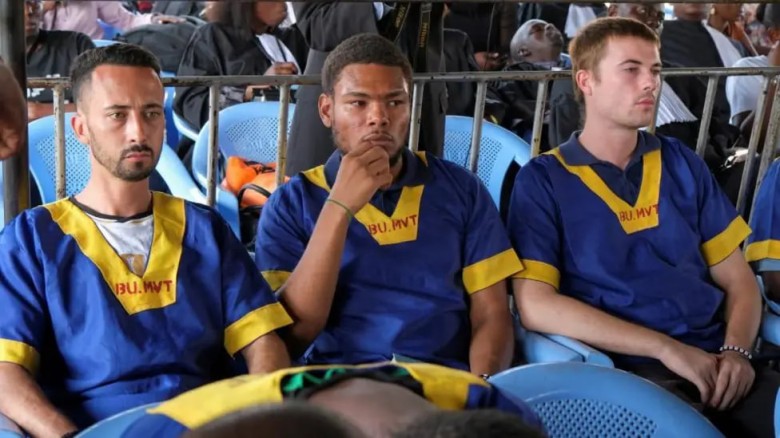















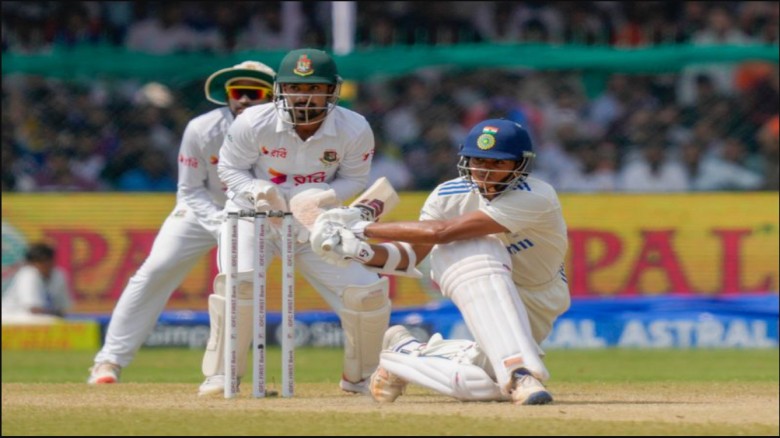
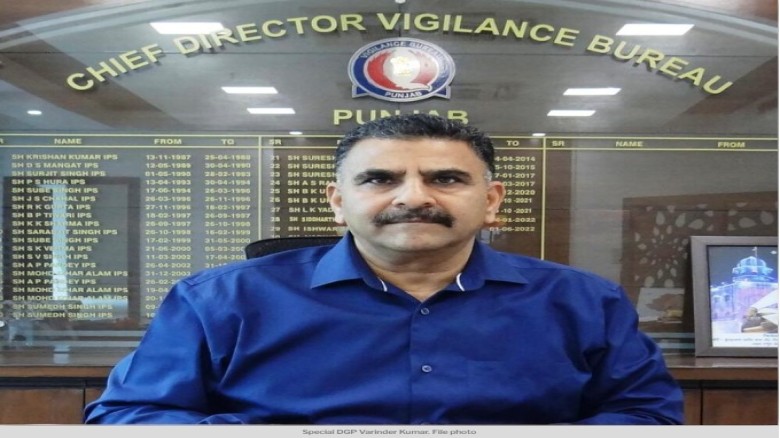


Leave A Comment